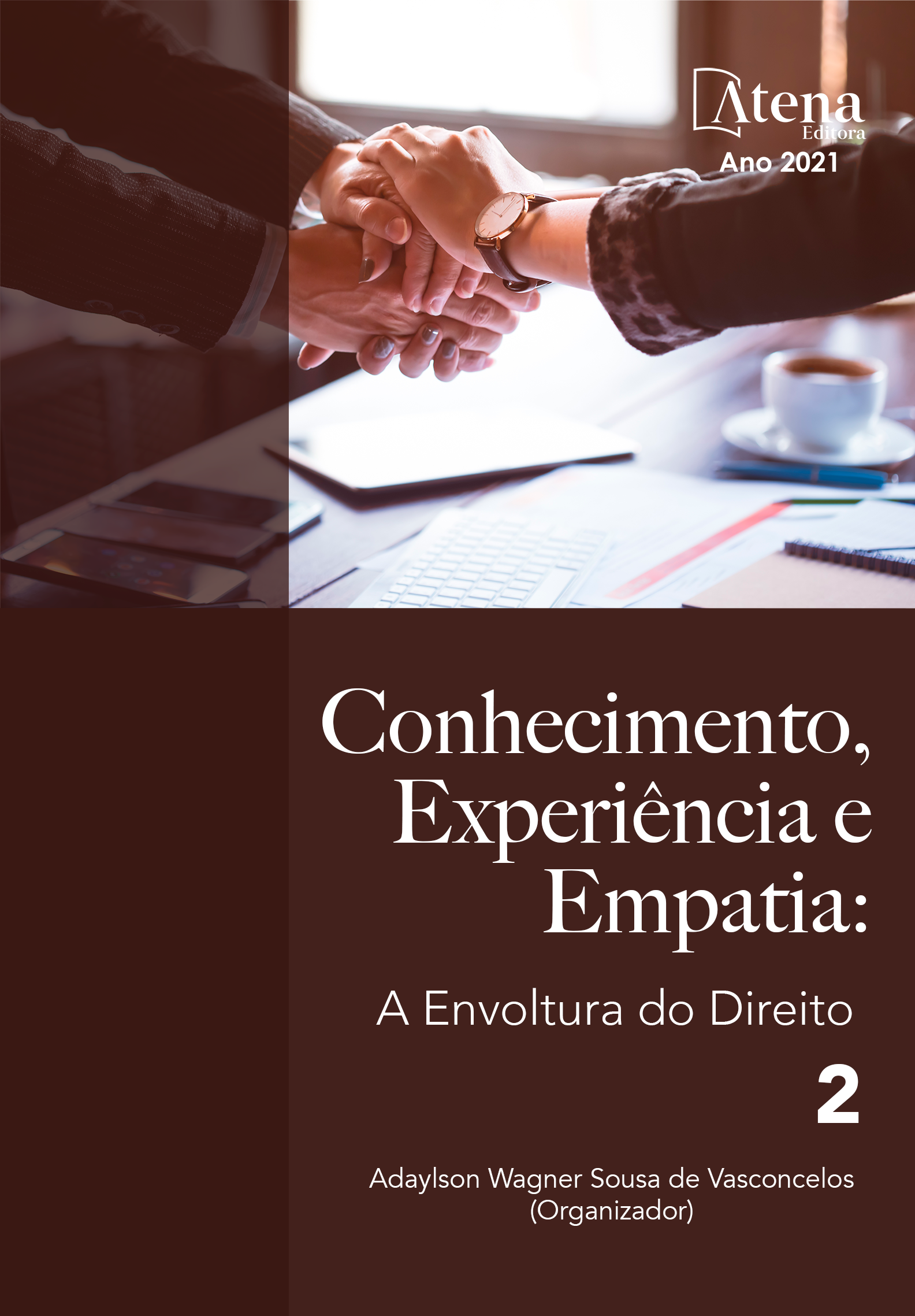
Herança Digital: o direito sucessório como norte legislativo à transmissão mortis causa de dados remanescentes
Na Era das revoluções tecnológicas, especialmente através do incessante uso da internet, os dados compartilhados pelos usuários aumentaram em larga-escala, causando grandes repercussões para o Direito, especialmente para o Direito Privado. Nesse sentido, o Direito das Sucessões não foge à regra, levantando-se o impasse a respeito da transmissão mortis causa da chamada herança digital. Nesse contexto, a problemática se instala na forma como serão tratados os dados remanescentes deixados pelo “de cujus”, e qual seria o direcionamento sucessório ideal ao patrimônio digital deixado na forma de herança. As opiniões se dividem entre o reconhecimento e não-reconhecimento da herança digital, ou de parte dela, como integrante ao patrimônio do indivíduo, e consectariamente, de sua transferência aos seus herdeiros. As legislações brasileiras não fazem qualquer menção sobre o tema, de modo que a discussão e suas possíveis soluções são entregues a doutrina. Para uma abordagem mais contextualizada da questão, propõe-se uma análise bibliográfica pormenorizada, utilizando-se da metodologia hipotético-dedutiva, adentrando na compreensão da natureza jurídica dos bens digitais, dividindo-os, assim, em bens digitais patrimoniais, bens digitais existenciais e bens digitais patrimoniais-existenciais. Posteriormente, insere a necessidade e enfretamento do debate a respeito dos direitos personalíssimos do “de cujus”, que podem ser violados com a divulgação de suas informações, na mesma proporção que os direitos de terceiros. Sendo assim, com a finalidade em demonstrar a necessidade ao reconhecimento dos bens digitais, o presente artigo trata de sua projeção no plano sucessório, apresentando uma possível alternativa de atribuição da herança digital aos herdeiros, através das regras sucessórias já existentes, reconhecendo e dialogando intimamente com os direitos existenciais do falecido.
Herança Digital: o direito sucessório como norte legislativo à transmissão mortis causa de dados remanescentes
-
DOI: 10.22533/at.ed.3672103058
-
Palavras-chave: Direito Digital; tratamento de dados; herança digital; bens digitais; direitos personalíssimos.
-
Keywords: Digital Law; data processing; digital inheritance; digital assets; personal rights;
-
Abstract:
In the Era of technological revolutions, especially through the incessant use of the internet, the data shared by users has increased on a large scale, causing great repercussions for Law, especially for Private Law. In this sense, the Succession Law is no exception, the impasse arisen regarding the transmission “mortis causa” of the so-called digital inheritance. In this context, the problem is installed in the way the remaining data left by the deceased will be treated, and what would be the ideal succession route to the digital heritage left in the form of inheritance. Opinions are divided between the recognition and non-recognition of the digital inheritance, or part of it, as an integral part of the individual's patrimony, and consectively, of its transfer to his heirs. Brazilian legislation makes no mention of the topic, so the discussion and the possible solutions are handed over to the legal doctrine. For a more contextualized approach to the issue, a detailed bibliographic analysis is proposed, using the hypothetical-deductive methodology, entering into the understanding of the legal nature of digital assets, thus dividing them into digital assets, existential digital assets and digital patrimonial-existential goods. Subsequently, it inserts the necessity and confrontation of the debate regarding the personal rights of the deceased, which can be violated with the disclosure of its information, in the same proportion as the rights of third parties. Therefore, in order to demonstrate the need for the recognition of digital assets, this article deals with its projection on the succession plan, presenting a possible alternative for the attribution of digital inheritance to the heirs, through the existing succession rules, recognizing and intimately dialoguing with the existential rights of the deceased.
-
Número de páginas: 12
- Bianca Amorim Bulzico
- Thiago Barcik lucas de Oliveira


